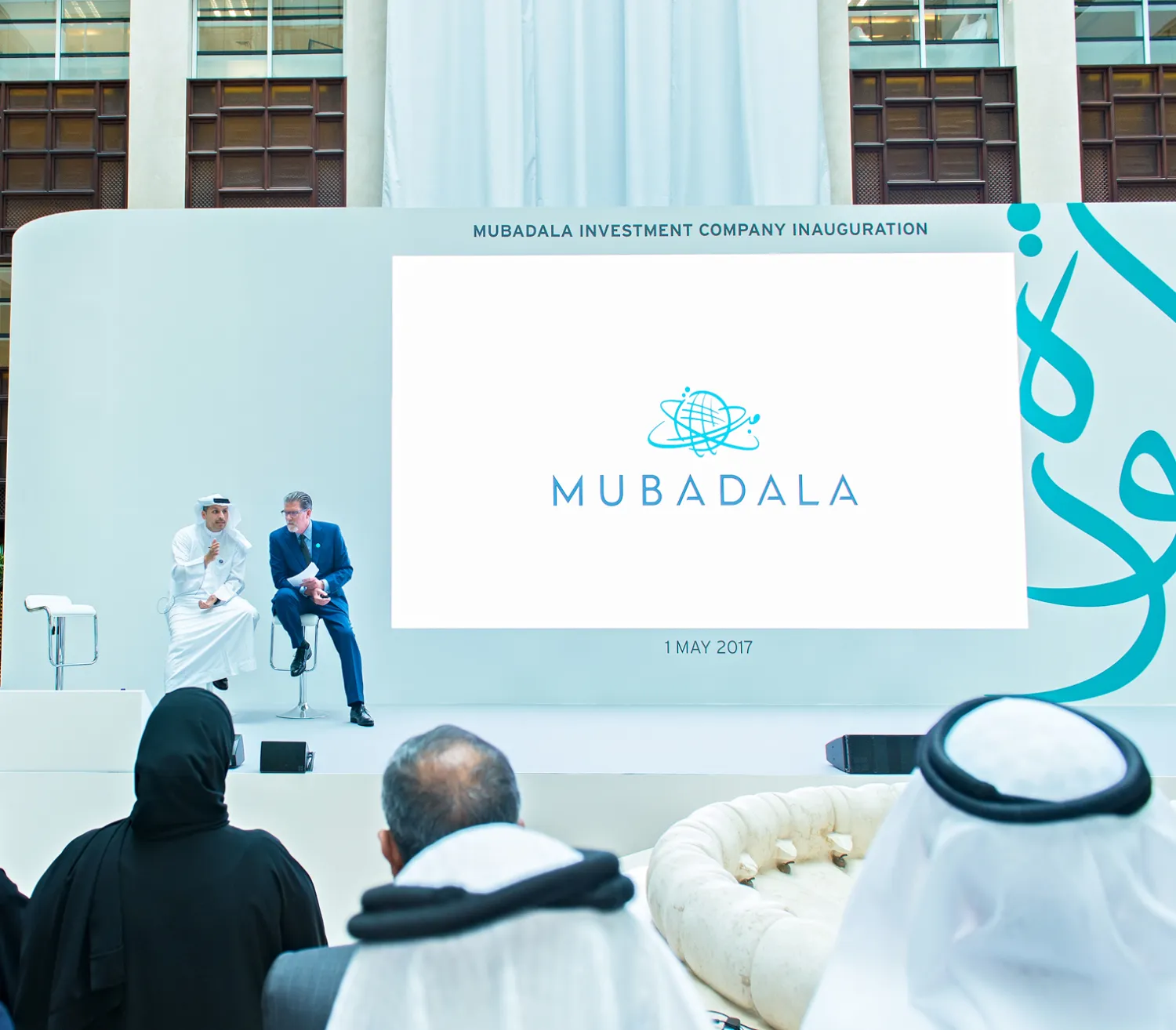Mubadala Investment Company, the Abu Dhabi-based sovereign investor managing a global portfolio of assets valued at $243 billion, has announced its largest investment in Russia, the acquisition of a 1.9% stake in Sibur, Emirates News Agency (WAM) reported.
Founded in 1995, Sibur is the leader in the Russian petrochemicals industry, operating a balanced and integrated business model and servicing over 1,800 customers in 100 countries worldwide, WAM said.
The company is currently transitioning to an ESG-driven strategy and governance framework, which is expected to enable Sibur to develop into one of the most sustainable industry market participants, it added.
The acquisition terms were agreed prior to the recent merger with TAIF, which is bound to further enhance the company’s position in the polyolefins and rubbers markets, contribute to the pipeline of growth capex projects and unlock additional operational synergies.
"Mubadala and Sibur have had a long-standing partnership since 2015 and now we are excited to become shareholders in the company. Sibur’s track record of delivering complex large-scale projects and creating shareholder value is a testament to its first-class management team,” WAM quoted Faris Sohail Al Mazrui, Head of Mubadala’s Russia and CIS Investment Program, as saying.
“Sibur’s merger with TAIF creates an even better-positioned player in the market that can capitalize on synergies and development opportunities,” he said.
The transaction between Mubadala and Sibur builds on the established working relationship between the two companies. In 2015, Mubadala invested in Sibur’s transshipment terminal in Ust-Luga.
Mubadala’s global portfolio spans six continents with interests in multiple sectors and asset classes, including shareholding in Borealis, a global leader in polyolefin production, and in Nova Chemicals, a plastics and chemicals producer in North America.
Mubadala is a long-term investor in the Russian economy, with an office in Moscow run by a team of more than 22 experienced regional specialists. Since entering the market in 2010, Mubadala has deployed over $3 billion, and built up a portfolio of about 50 investments in Russia in sectors as wide-ranging as infrastructure, real estate, commodities, banking, logistics and technology, resulting in strong financial returns.









